About country
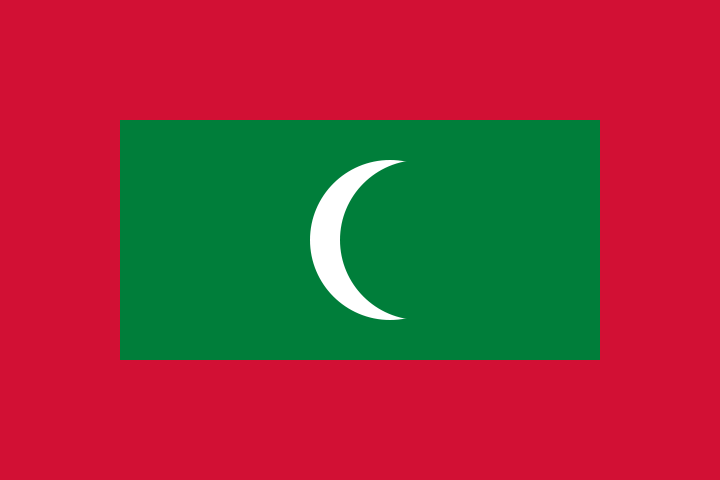 |
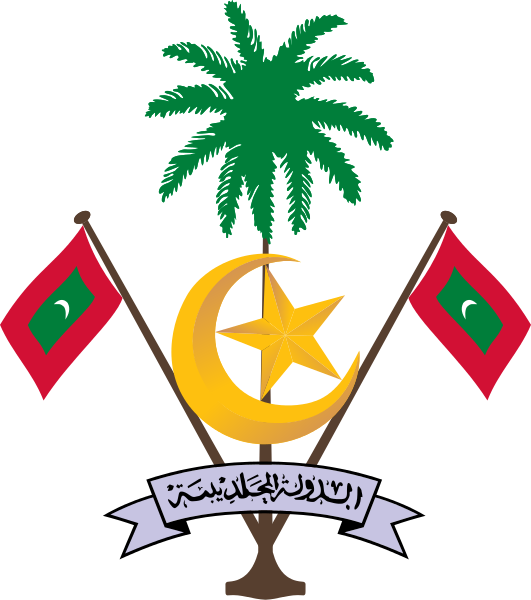 |
Maldives
The Republic of Maldives is an archipelago of 1,192 coral islands located 400km south-west of India in the Indian Ocean. The islands form 26 natural atolls that are grouped into 19 administrative units. The Republic of Maldives has a population of approximately 394,000 living on 200 of these islands. Islam is the state religion. As a widespread island chain Maldives has an Exclusive Economic Zone just over 900,000 square kilometers in size.
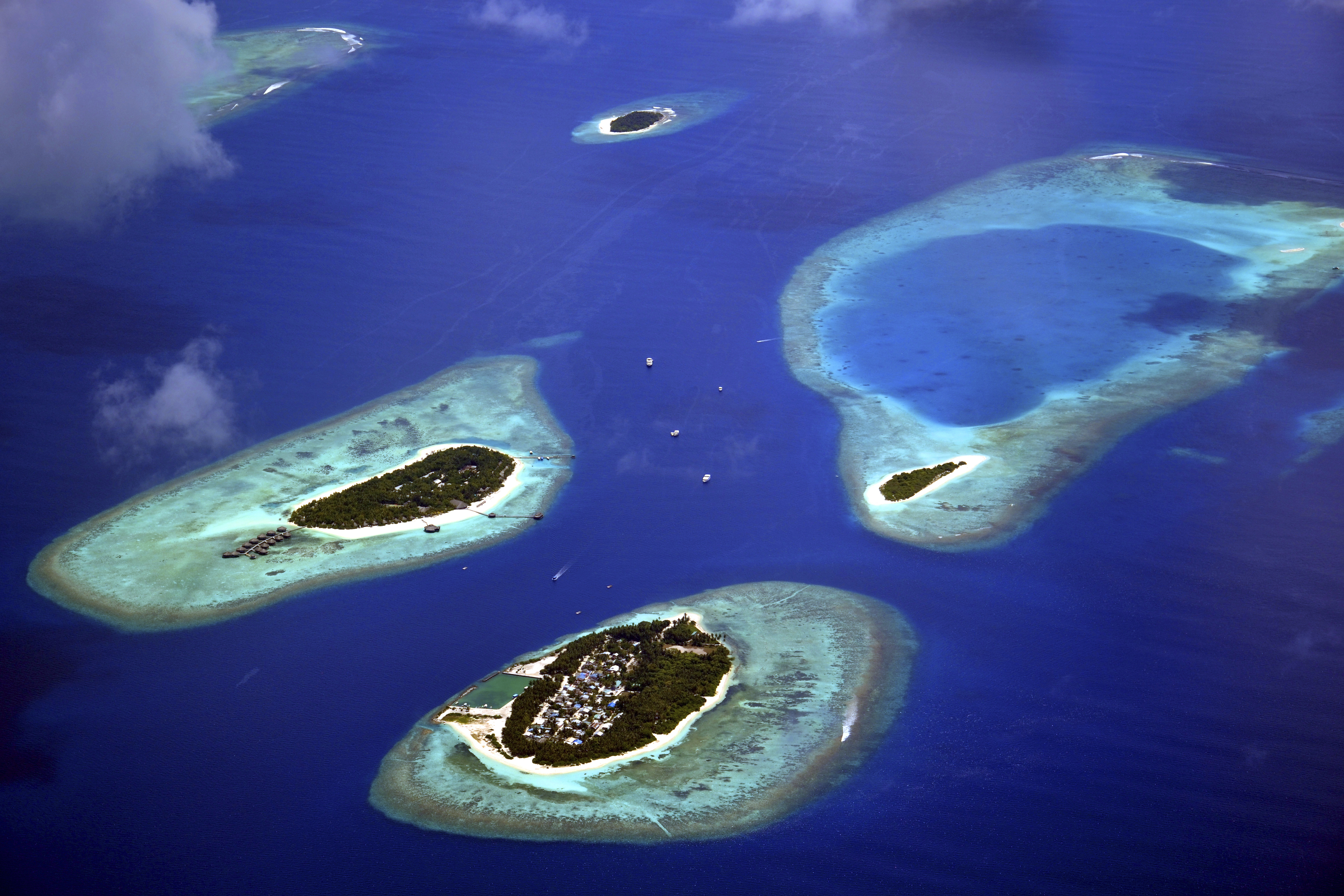 |
 |
Maldives was an independent Islamic sultanate from 1153 until first Dutch and then British protectorates were established in the 17th and 18th centuries respectively. It became a republic in 1968, three years after independence, but remains a member of the Commonwealth.
Maldives is the lowest-lying country in the world, with its highest natural ground height of only 2.4 meters and 80 per cent of the landmass at 1 meter or less above sea level. Maldives is very concerned about the threat posed by climate change and has been active internationally to bring attention to the issue. Due to the islands’ low elevation and the threat from sea-level rise, Maldives’ officials have been prominent participants in international climate change talks.
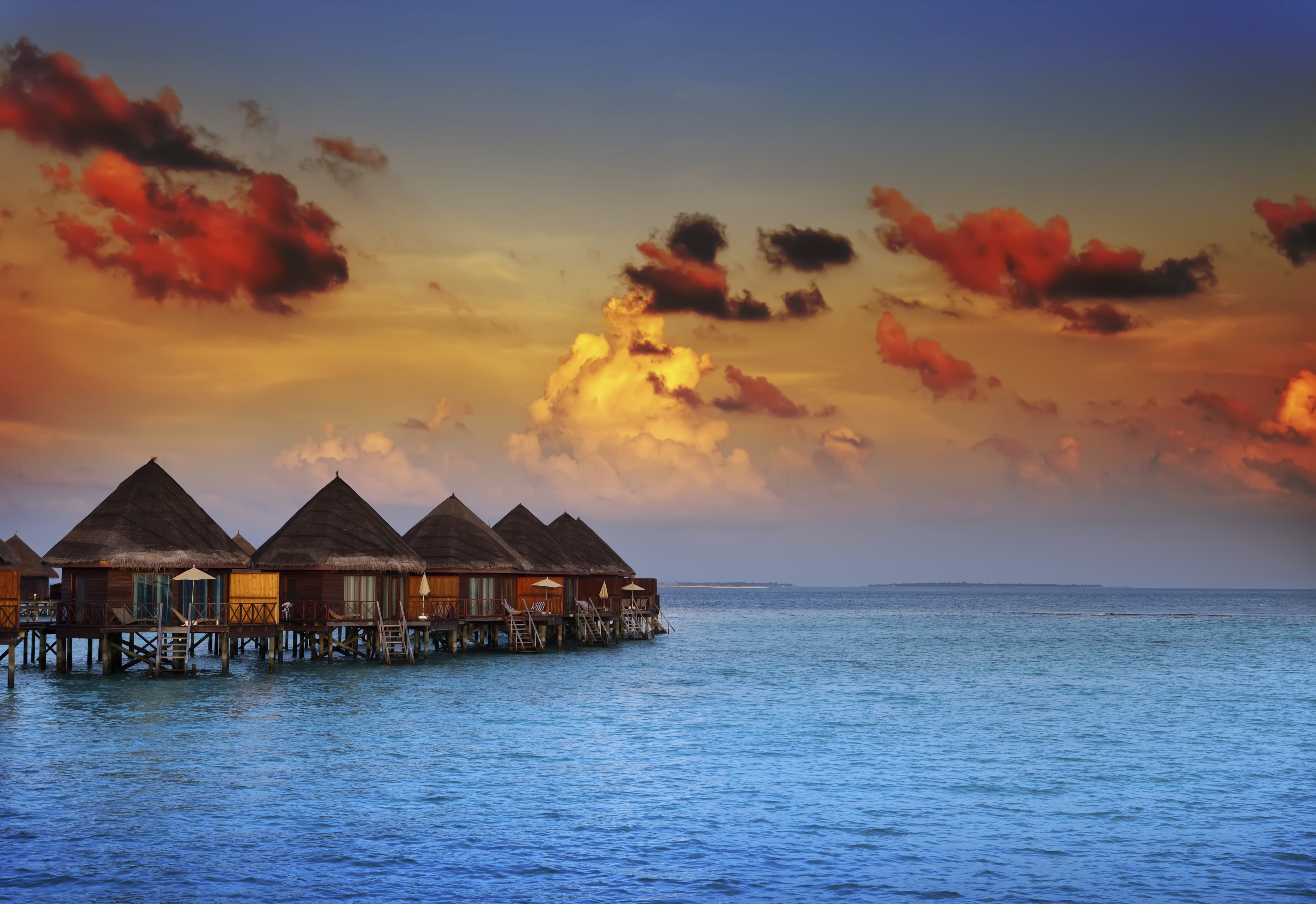 |
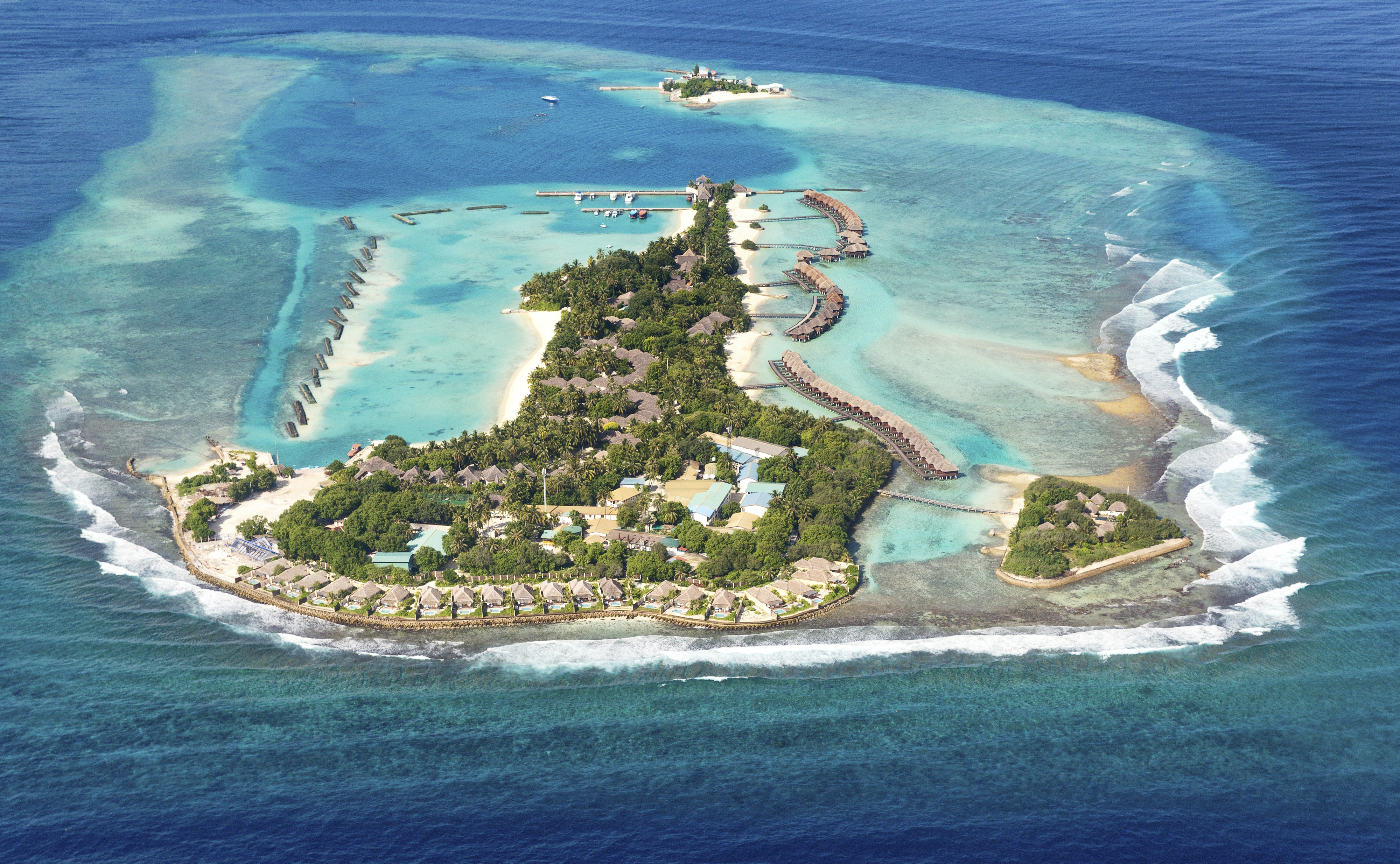 |
Maldives belongs to the Cartagena group, a coalition of developed and developing countries working to advance a progressive agenda on climate change issues, convened in Copenhagen by then Prime Minister Rudd and former UK Prime Minister Brown. The first meeting was held on 25-26 March 2010 in Cartagena, Colombia. Maldives hosted the second meeting on 17-18 July 2010 in Malé, with Australian co-operation. The meeting focused on the transition to low-emission economic growth, in particular for developing countries.
Maldives graduated from the UN’s Least Developed Country (LDC) designation to Middle Income Country status on 1 January 2011. Tourism and commercial fisheries form the basis of Maldives’ economy.